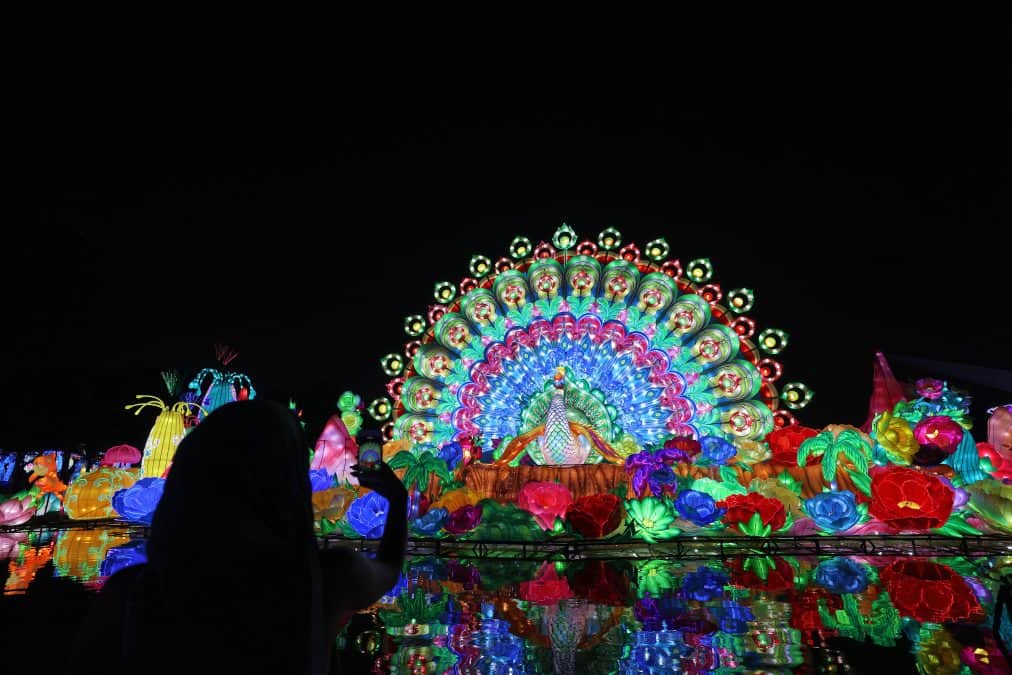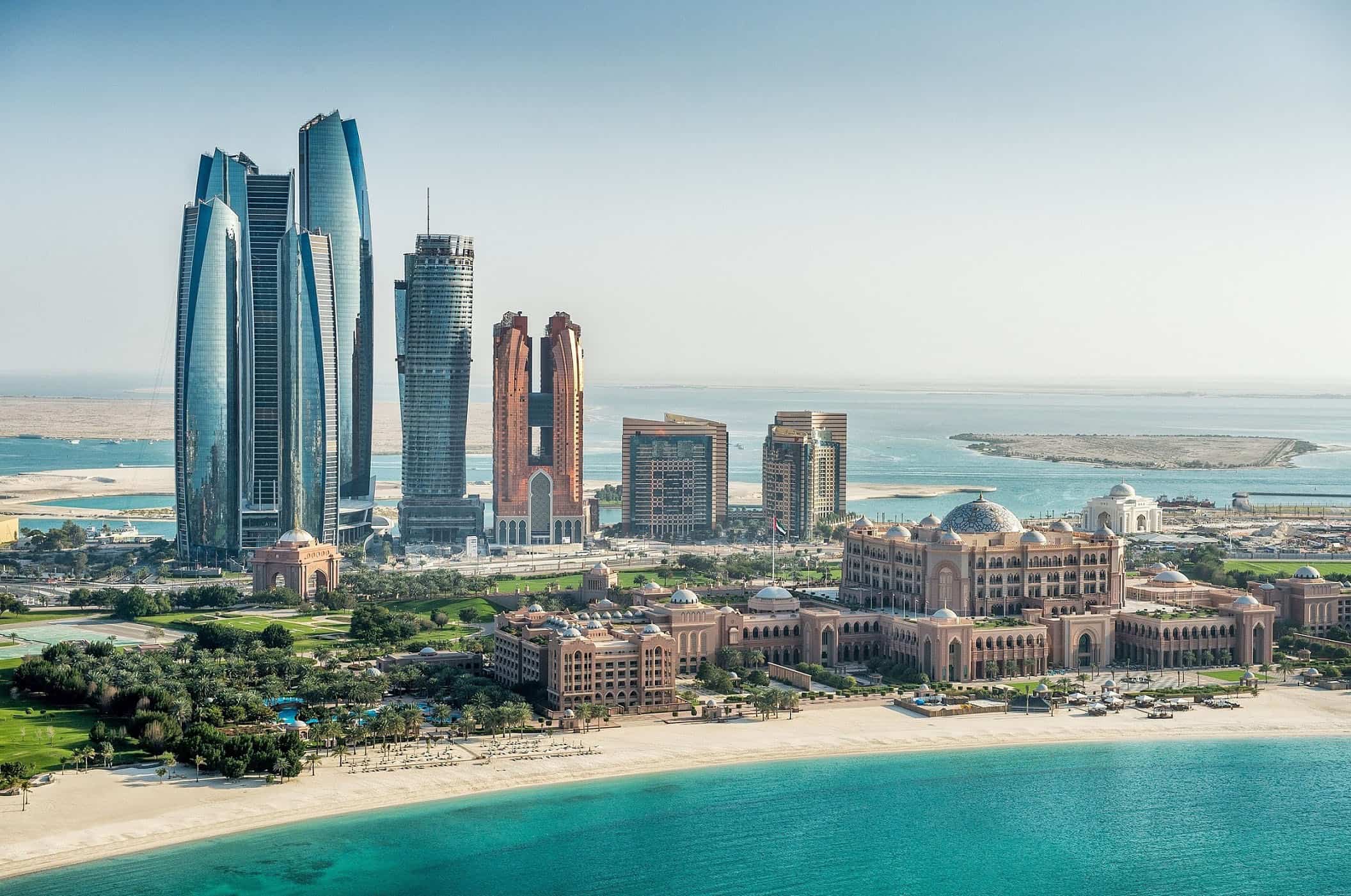Reports and studies released by international institutions and experts near-unanimously agree that the Gulf economy will improve significantly by 2022, owing to a combination of economic and financial factors.
Nevertheless, challenges and risks cannot permanently be excluded.
According to the World Bank, the economy of the GCC countries would experience an overall favorable shift this year, with average annual growth of 3.3 percent.
In December, the International Monetary Fund (IMF) published a report predicting that the Gulf countries would have uneven economic development in 2022, stating that the increase in oil prices would help their budgets in general.
The oil sector’s expansion is one of the most critical factors in the recovery: The oil price soared above $70 in most of 2021, with some months topping $80. It touched $100 a barrel due to the Russia-Ukraine conflict.
This expansion is expected to let Gulf governments reinvest their oil revenues in large-scale projects, boosting their economies and lowering inflation.
Perhaps one of the most significant industries on which Gulf countries — particularly the United Arab Emirates and Saudi Arabia — focus nowadays to move their economic wheels is tourism.
Saudi tourism

According to Beltone Financial Holding’s research unit, Saudi Arabia is predicted to experience its best economic growth in nine years in 2022 —with 4.9 percent — thanks to rising oil production and growth of the non-oil solid sector.
According to Beltone, the tourism sector is likely to rebound in 2022 due to the lifting of travel restrictions and improving vaccination rates in the country.
Saudi Arabia anticipates a massive wave of expansion in the sector, and it plans to launch several initiatives in preparation, aiming for 100 million visitors by 2030.
The Saudi Minister of Tourism, Ahmed Al-Khatib, believes the global economy’s recovery is dependent on the tourism sector’s recovery, and has cited his country’s achievement of 54 million internal tourist visits in 2021 as evidence of its success in overcoming many of the pandemic’s challenges.
He noted that the tourist budget exceeded SAR3 billion ($800 million), noting the sector’s importance in generating revenue and contributing to the country’s GDP as the reason for this.
He emphasized that the hotel and hotel-apartment sectors have an entire focus to improve the kingdom’s service and tourism attractions to compete with the best in the world.
Expo 2020 boosted UAE tourism
The UAE has a relatively consistent high tourism growth rate compared to other destinations in the region.
It has promoted itself to as a luxury tourism destination, and has initiated a range of pro-tourism policies and initiatives to improve growth.
Mega-initiatives and significant levels of investments have been dedicated to support the active promotion of Dubai.
Tourism has been emphasized as a main component in diversifying the economy and improving the standard of living.
One of the main objectives of upcoming eight-day Destination Dubai event is to demonstrate the emirate as a destination of “hyperreality” and Western influence, while simultaneously trying to maintain local and regional identity.

Moreover, diversifying the economy is one method for the UAE — and Saudi Arabia as well — to reduce reliance on oil.
It may be able to help the UAE control inflation and recover quickly from the pandemic.
According to Emirates NBD, the UAE enjoyed a strong economic finish to 2021, with Expo 2020 Dubai and rebounding tourism boosting domestic demand.
While the tourism industry is expected to take some time to recover from the Covid-19 pandemic, the latest data from the Department of Economics and Tourism shows that international visitor numbers to Dubai in November rebounded to nearly 76 percent of 2019 levels, with the December data likely to show even more improvement.
Total arrivals in the UAE are expected to reach 13.2 million in 2021, up from the roughly 8.1 million in 2020, according to the Bank Audi study UAE Economic 2022.
International arrivals were estimated to report an annual growth of 69.2 percent to stand at $16.8 billion in 2021, as per Fitch Solutions.
According to Audi’s report, Abu Dhabi is focusing more on MICE — meetings, incentives, conferences, and events — and cultural tourism.
Dubai, on the other hand, is primarily focused on the development of family attractions and recreational facilities.
It is worth noting that Dubai is among the busiest airports in the world, with extensive regional and global travel connections, as per the same source.
The report also revealed that the country developed a competitive hotel sector as a tourist destination, attracting millions of visitors every year.
The development of a bigger low-budget sector will continue in the coming years, catering to middle-class tourists coming from Asia and Africa as well as more people seeking to remain in Dubai for shorter stays.
Overall, despite the global closures and economic crisis, the tourism sector fared well in 2021 due to several factors, like the easing of restrictions, government support, and Expo 2020.
In a forward look, tourism is expected to benefit from the government’s long-term diversification agenda to move the economy away from hydrocarbons.








